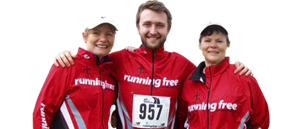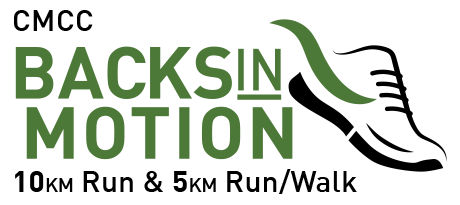Hello Everyone,
One of the challenges with running a 100 Miler is the lack of standard training plans available to help prepare for one. While there is some variation between marathon training plans, I have found that most of them are pretty similar. Not so with 100 Miler training plans, most of which are developed by runners for their own personal use. This makes a certain amount of sense when you consider that training for a 100 Miler will push your body much closer to its limits than training for a marathon, and everyone’s limits are different.
This variation extends to the long run. Anyone who has ever trained for a running event will be familiar with the long run, but unless you have been running ultras, then your concept of what constitutes a long run will have to change dramatically. Early on in training for a 100 Miler my long runs will resemble the later long runs in a marathon training program, which are around 20km and go up to around 30km. However, as the race draws near my long runs will exceed marathon distance and peak at 50 miles, or 80km. Those of you who have trained for endurance races will know that you are usually advised to take some time off (about a week) after an endurance race. Clearly that is not going to happen here. This is part of why it is so important to ease into this kind of training. My body can handle it because I have spent a long time conditioning it to handle this kind of stress. Despite what some very prominent ultra runners might say in their books and articles, jumping into ultra running and pushing through the pain is a very bad idea. But that is a subject for another posting.
Running these kinds of distances without taking a week off make recovery days essential. Also, it is completely acceptable to reduce weekly runs to shorter distances and run with less intensity after a particularly long run. Even adding in an extra recovery day may be necessary. The really important thing is to not injure yourself so that you can not train, because you will need all of the training that you can get!
One thing to note about these long runs is that while they may be as long as marathons or ultra-marathons, they are not supported. There will be no aid stations with helpful volunteers handing out Gatoraide. This makes planning your route vitally important. Unless you are part pack mule, you will not be able to carry all of the supplies that you will need for a run of this length. So plan a route with stores nearby where you can stop and resupply. Living in Barrie, I often do my long runs by running the Rail Trail towards Orillia. There are convenience stores just off the trail in Shanty Bay and Hawkestone which are great places to pick up drinks, and maybe even a popsicle on hot days.
The last, yet vitally important, aspect to the long run when training for a 100 Miler is mental. How do you run for hours, day after day, week after week, and not get so sick of it that you never want to run again? As with most things involved in training for a 100 Miler, the answer to that question will be personal. Changing up running routes is a good start. Running to a destination, such as a friend’s house can also help. As can having a training buddy, or running with a group. However, in the end you will likely be spending many hours running alone. I have found that I often naturally go into a somewhat meditative state of mind and the time passes pretty quickly, but even that only goes so far. I usually run with an MP3 player (I would recommend a relatively cheap one, since the chances of it getting dropped, bashed, or wet are fairly high), but I can only cycle my music so much, and eventually it just becomes background noise. That is where audio books come in. Audio books are my not-so-secret weapon for getting through the long runs. Even if you are not usually a book person, I would recommend that you give it a try. Not only does listening to audio books pass the time, but I find that it also helps to take my mind off of the physical fatigue. Heck, you might even learn something!
So, here is my tip of the week:
Embrace the audio book!
I will be back next week to comment on one of my own personal weaknesses: nutrition.
As always, questions and comments are appreciated and thank-you for reading!
Michael


















